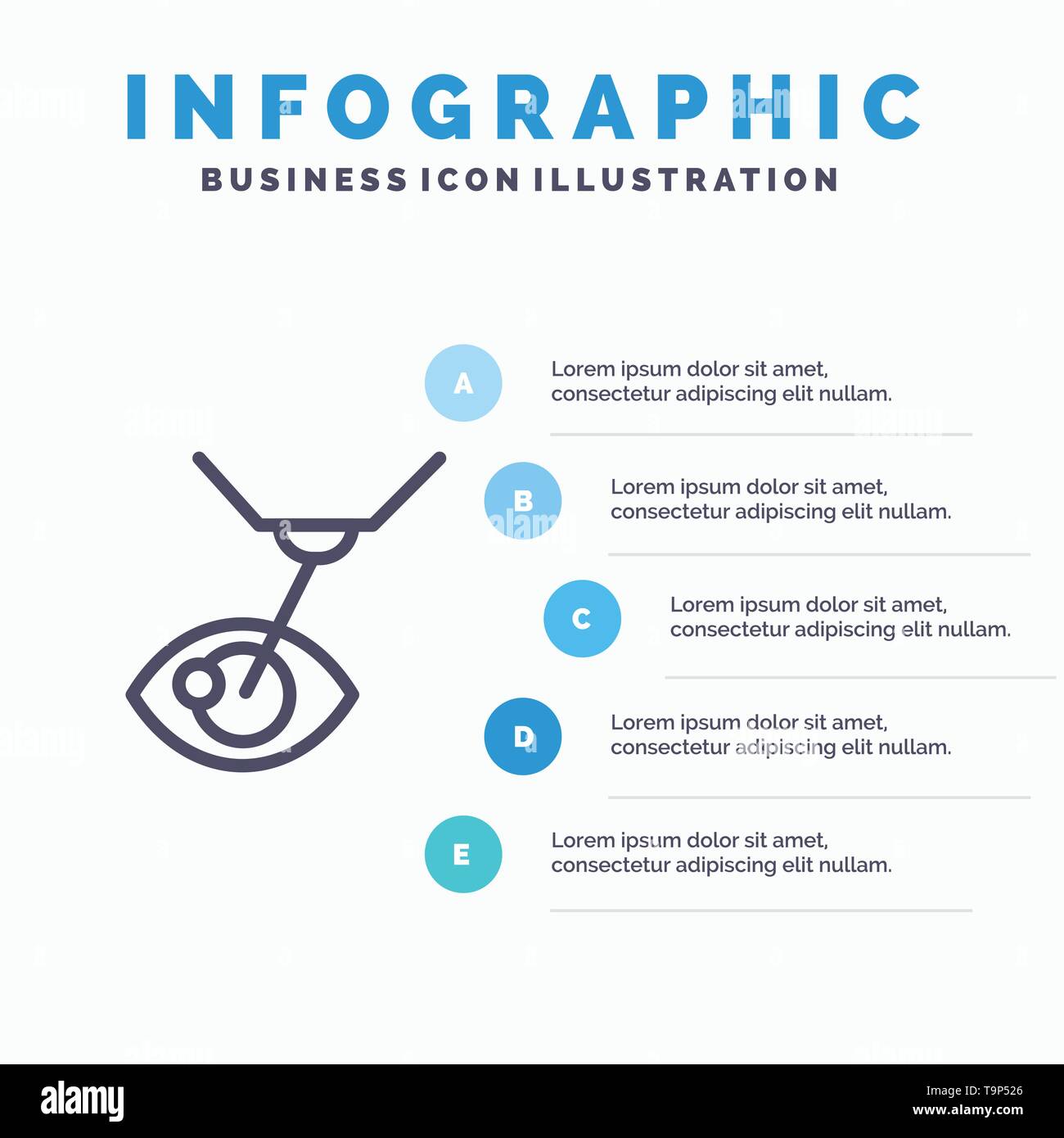Short Article Author-Westh Bachmann
If you're thinking about vision improvement options, SMILE eye surgical procedure may be on your radar. This cutting-edge procedure includes developing a tiny lenticule in the cornea to address nearsightedness and astigmatism. Unlike traditional LASIK, it's less intrusive and guarantees quicker recuperation. Nonetheless, while there are substantial advantages, there are also dangers involved. Understanding both facets can aid you make an informed decision regarding your eye health and wellness. What's the healing procedure like, and what should you expect?
Understanding the SMILE Treatment
The SMILE treatment, or Small Laceration Lenticule Removal, is a minimally invasive eye surgical treatment designed to correct vision problems like nearsightedness and astigmatism.
Throughout this treatment, a laser produces a tiny lenticule, or lens-shaped cells, within the cornea. Brusco Vision Vision Correction Expectations will not require any type of stitches, as the small incision permits a quick recuperation.
The surgeon after that gets rid of the lenticule through this tiny cut, improving your cornea to improve your vision. Unlike traditional LASIK, SMILE doesn't call for the production of a huge flap, which can result in less complications.
You'll locate that this method is much less disruptive to the corneal framework, potentially boosting security. Recognizing the procedure helps you feel a lot more confident as you consider your choices for vision improvement.
Conveniences of SMILE Eye Surgery
While taking into consideration vision modification choices, you might discover that SMILE eye surgery offers numerous engaging benefits.
First, it's minimally intrusive, calling for only a little incision, which suggests much less disturbance to your eye framework. This results in quicker healing times and less pain contrasted to conventional LASIK.
You'll likewise appreciate its precision; SMILE utilizes sophisticated laser innovation to improve the cornea, supplying exceptional outcomes for nearsightedness and astigmatism.
Moreover, many individuals report boosted visual quality, with fewer instances of glow or halos. Considering that there's no requirement for a corneal flap, your eyes stay more steady post-surgery.
Lastly, the treatment usually takes just a few minutes, permitting you to return to your daily activities faster than with other techniques.
Potential Dangers and Recovery Refine
Although SMILE eye surgical treatment is typically secure, it is essential to be familiar with potential risks that can develop throughout or after the procedure. Some individuals may experience short-lived negative effects like dry eyes, glow, or halos around lights.
In unusual instances, problems such as infection, vision loss, or the requirement for extra surgery can take place.
Healing generally entails a few days off and staying clear of exhausting activities. SMILE Surgery Healing For Astigmatism ought to follow your doctor's post-operative directions meticulously, including using recommended eye decreases and participating in follow-up appointments.
Many individuals discover improved vision within a few days, yet full healing can take weeks. Staying client and offering your eyes time to heal is necessary for the best end result.
Final thought
To conclude, SMILE eye surgery uses a modern-day, minimally invasive choice for fixing nearsightedness and astigmatism. With its quicker recuperation time and lowered discomfort, it's an appealing option for many. Nonetheless, it's necessary to consider the possible threats versus the benefits. By staying informed and following post-operative treatment, you can maximize your opportunities of a successful outcome. If you're considering this treatment, talk to your eye care specialist to establish if it's right for you.

